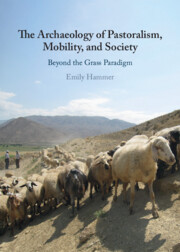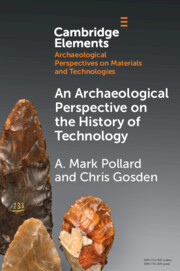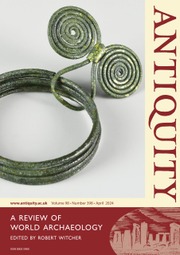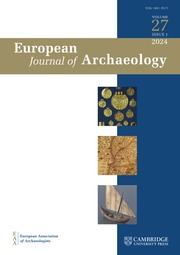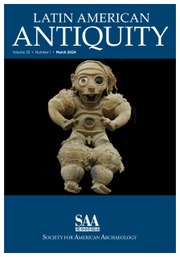The Archaeology of Pastoralism, Mobility, and Society
Though mobile pastoralists were long a significant component of many societies in Eurasia and Africa, scholars have long considered them to be materially and documentarily 'invisible.' The archaeological study of pastoralism across these regions has relied on ethnographic analogies and environmentally deterministic models, often with little or no data on historically specific herding communities. This approach has yielded a static picture of pastoralism through time that has only recently been challenged. In this book, Emily Hammer articulates a new framework for investigating variability in past pastoral practices. She proposes ways to develop a more rigorous relationship with pastoralist ethnographies and illustrates new archaeological and scientific methodologies for collecting direct data on herding, mobility, and social complexity in the past. Hammer's approach to the archaeology of pastoralism promotes efforts to dismantle the legacy of evolutionary classifications of human societies, which have drawn sharp distinctions between farmers and herders, and to investigate how diverse non-agricultural and mobile groups have shaped complex society and environment.
- Synthesizes a vast and complex literature and draws on a range of case studies spanning regions and time periods, to provide a broad overview of for the archaeology of pastoralism
- Provides a useful, non-technical introduction to scholars unfamiliar with this literature
- Comparison of concepts and methods are drawn from the archaeology and ethnography of pastoralism in East Africa, the Middle East, and Central Asia. These literatures are often separated from one another
Product details
September 2025Hardback
9781009561655
454 pages
254 × 178 mm
Not yet published - available from September 2025
Table of Contents
- List of illustrations
- List of tables
- Preface
- Acknowledgements
- 1. From orientalist and primitivist tropes to aDNA and isotopes: persistent problems in the archaeology of pastoralism
- 2. Resolving conceptual conflation: pastoralism, mobility, complexity, production, and landscapes
- 3. Escaping the tyranny of the ethnohistoric record on pastoralism
- 4. Bones, teeth, seeds, dung, corrals, and beyond: foundational methodologies applied to landscapes, sites, and assemblages related to the history of pastoralism
- 5. Biomolecular approaches to ancient pastoralism, diet, and mobility
- 6. Multidisciplinary means of addressing ancient pastoral ecologies and economies
- 7. Social and political perspectives on ancient pastoralism
- 8. Uniting separate regional traditions for a comparative archaeology of pastoralism
- 9. Histories of pastoralism
- Revisiting 'Grand Narratives'
- Bibliography
- Index.

